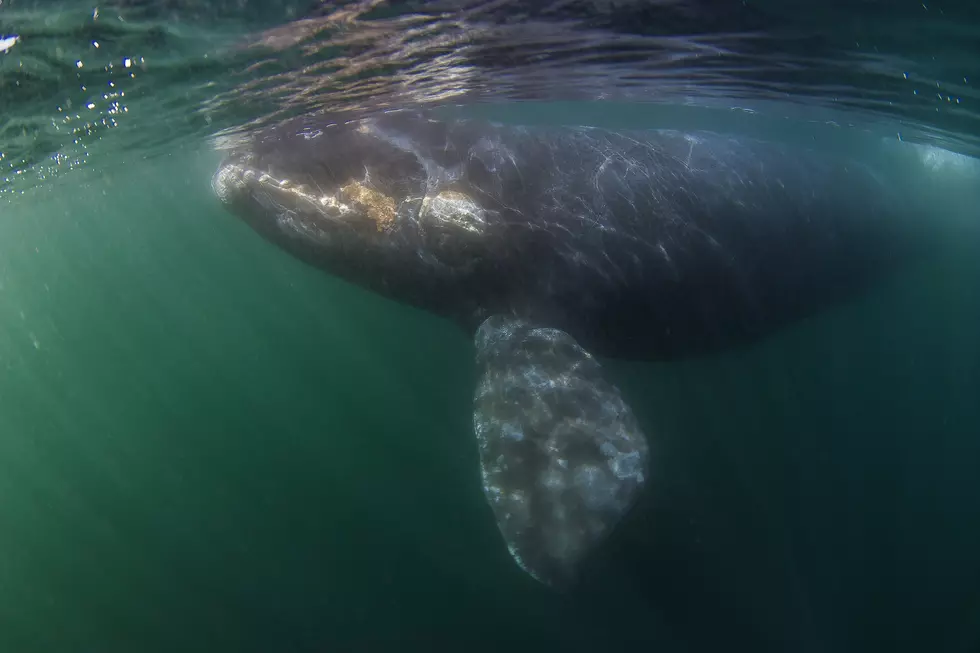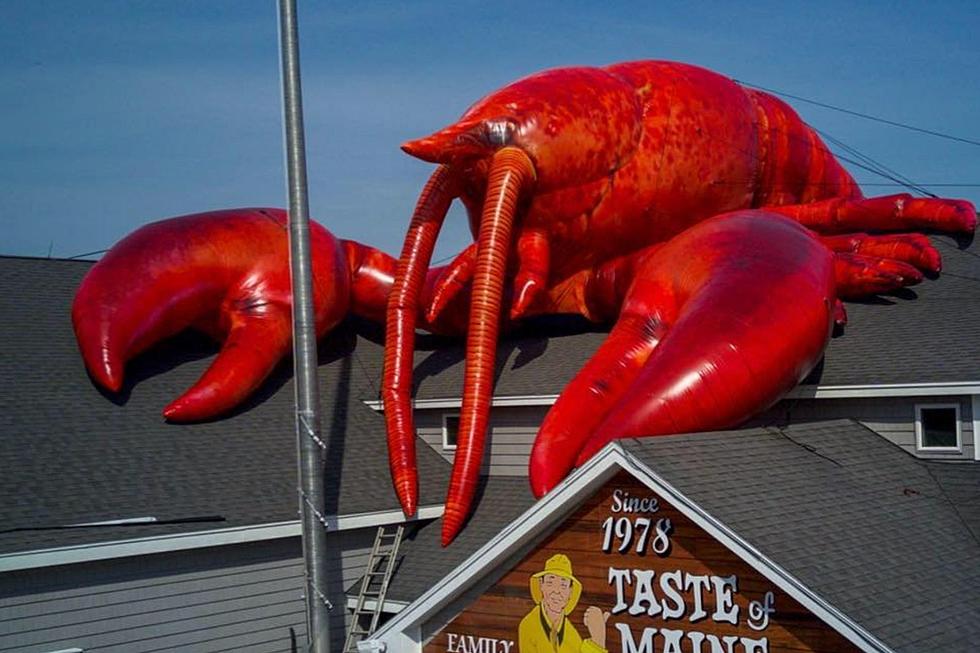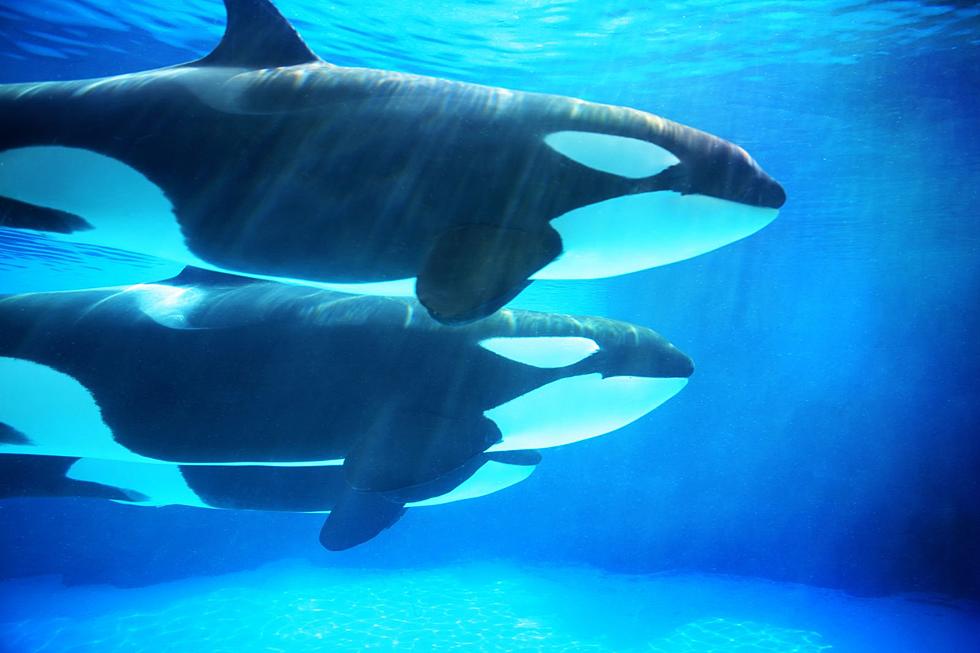
Maine’s Lobster Industry Brainstorms Changes to Save the Whales
North Atlantic right whales have been dwindling in numbers for decades, but 2017 was especially hard on them. According to EcoWatch, seventeen were discovered to have died, a whopping 4% of their total 455. If the current trend continues, they could go extinct by 2040.
Although none of the deceased whales were found along the coast of Maine, passing whales can easily get ensnared by lobster fishing gear, leading to a drawn-out, painful death further on in their voyage. Past legislation efforts to modify lines and traps that lobsterman employ in an attempt to cut down on our impact on the right whale population have had minimal success, according to EcoWatch. Becky Bartovics, executive committee member at the Sierra Club's Maine Chapter, cited a lack of both proper science and consultation of local knowledge as the cause of the legislative blunder. This not only neglects effective solutions to the problem, but also needlessly pits lobstermen against legislation efforts. Said Bartovics,
"Many times the scientists have come up with a solution without working with the lobstermen. That's why the lobstermen are frustrated."
Everyone wants to help the whales out; not only for altruistic reasons, but selfishly - these whales unique to our coast play a key role in the marine ecosystem that produces half the oxygen we breathe. And lobstermen are well aware of that; according to EcoWatch, a 2014 study showed that red and orange ropes are more visible to right whales and could reduce entanglements, and as a result Bartovics says some lobstermen have started spraying red paint on their ropes to do just that.
"The long-term goal is to figure this out across fisheries and across species. The goal is not to shut down fisheries," says Regina Asmutis-Silvia, executive director of <a href="http://us.whales.org/" target="_blank">Whale and Dolphin Conservation</a>. "There are no bad guys here. We need to work together to figure out a solution."
More From Q97.9









